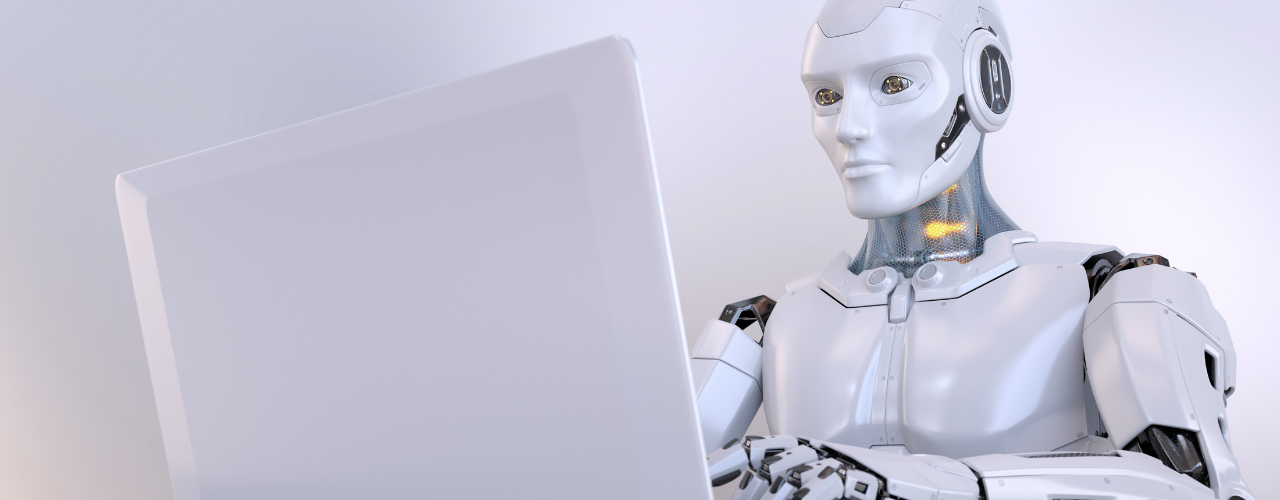
Seán McDonagh is a Columban priest, well-known as one of the pioneers of eco-theology. Having spent decades in work with indigenous people groups in the Philippines, leading Greenpeace Ireland, and now having been featured as a key thinker in a Leaving Cert curriculum , he is a unique figure in the Irish church.
He has turned his attention to the “future of jobs” in his latest book, just published by Messenger Publications. Robots, Ethics and the Future of Jobs explores how automation, robotics, artificial intelligence, and 3D printing are going to impact society and transform the economy. He proposes that we need to centre the protection of human rights in how we deploy these technological advances (p. 14) or else their obvious advantages may be dwarfed by the disruption and damage they cause.
He begins the book by considering how these technologies will impact employment. Many speculative studies can be accessed that anticipate mass unemployment, and just as many reports can be found which suggest that these new systems will generate innovations which create new employment possibilities (p. 29). The book is written from a sort of precautionary principle, never discounting those who say the robotic future is bright, but recognising we must actively shape it if we do not want it to be a considerably darker terrain.
Chapters follow which introduce the reader to algorithms, 3D printing, and robotic advances. Long before I ever thought to become a theologian, I studied Computer Science. My early investigations into what were called “genetic algorithms” convinced me that the predictive capacity of software would grow exponentially. As raw computing power has increased and network infrastructure became ubiquitous, this has now come to pass. With so many people embracing these technologies, McDonagh usefully draws attention to how devices like Amazon’s Alexa are not just neutral tools.
As a result of participation in a European-wide Jesuit research programme called HEST, I am fairly familiar with the literature around these topics. As such, the fifth chapter surprised me because by focusing on how robots might affect agriculture, it considered a question often overlooked. This chapter, of course, is particularly appropriate in Ireland. While Irish farmers have had to adapt rapidly in a number of different ways, McDonagh suggests that pace is set to accelerate as every aspect of rural life is impacted by the coming techno-revolution.
The following chapters continue this pattern by considering how these innovations will affect particular situations: caring contexts, the service sector, logistics, and the military. McDonagh suggests that “there is not enough serious discussion about” the impact of artificial intelligence, robots, and drones in combat. This seems like a restrained statement, considering the devastating effect that early versions of these technologies have already had on civilian populations in Afghanistan, Pakistan, Iraq, or Yemen. The documentary that has lingered with me longest in the last year is just 8 minutes long. Produced by Kirsten Johnson, The Above introduces viewers to the surveillance blimp that sits perpetually on the horizon above Kabul, watching everything that happens in the city while being utterly obscure to those down below. These technologies, even when not loaded with missiles, can clearly ruin societies. Why they are not relentlessly examined in a mystery.
The final two chapters shift the reader’s attention, first to a potential solution through “Universal Basic Income” (UBI) and then to resources for activism harvested from Catholic Social Teaching. UBI is attractive because of how it disconnects the ability to make ends meet from the need to earn a wage (p. 159), as well as offering, potentially, many subsequent benefits. And Catholic Social Teaching is a critical resource because of how it understands the dignity that can be found in work (p. 167), but a resource that needs to be extended in the face of the transformation already upon us (p. 169).
The book ends with an Afterword that considers how the pandemic might have been an early warning for the disruption coming down the line. McDonagh’s book is ultimately a challenge to leaders to grapple with this pro-actively, especially for the sake of the young people whose hopes and ambitions may be severely curtailed if we let these technologies run wild without regard to the common good.
I was surprised to find that in a book about the future of work, the most significant mechanism for progress in labour from the past goes entirely unmentioned: trade unions. This is even more striking considering how solidarity is at the heart of the Catholic Social tradition. I wondered if the antipathy that Silicon Valley has towards such old-fashioned “technologies” might have cultivated that blindspot and that leads me to the second major critique: the discussion of these economic developments never interrogates the economic and political structures and cultures that have so loaded the deck in favour of the “innovators” at the expense of ordinary people. This book is meant to be widely read; it would be unreasonable to expect it to diagnose how neoliberal politics celebrates the “disruption” McDonagh is warning against. But a deeper analysis would help readers draw connections from a particular ethical complexity to their own particular political reality.
Criticisms aside, this is the best introduction to these questions yet written for a popular Irish audience. It is accessible to a reader who is coming to these topics completely fresh. McDonagh will deepen your understanding and prompt you to question your assumptions.

